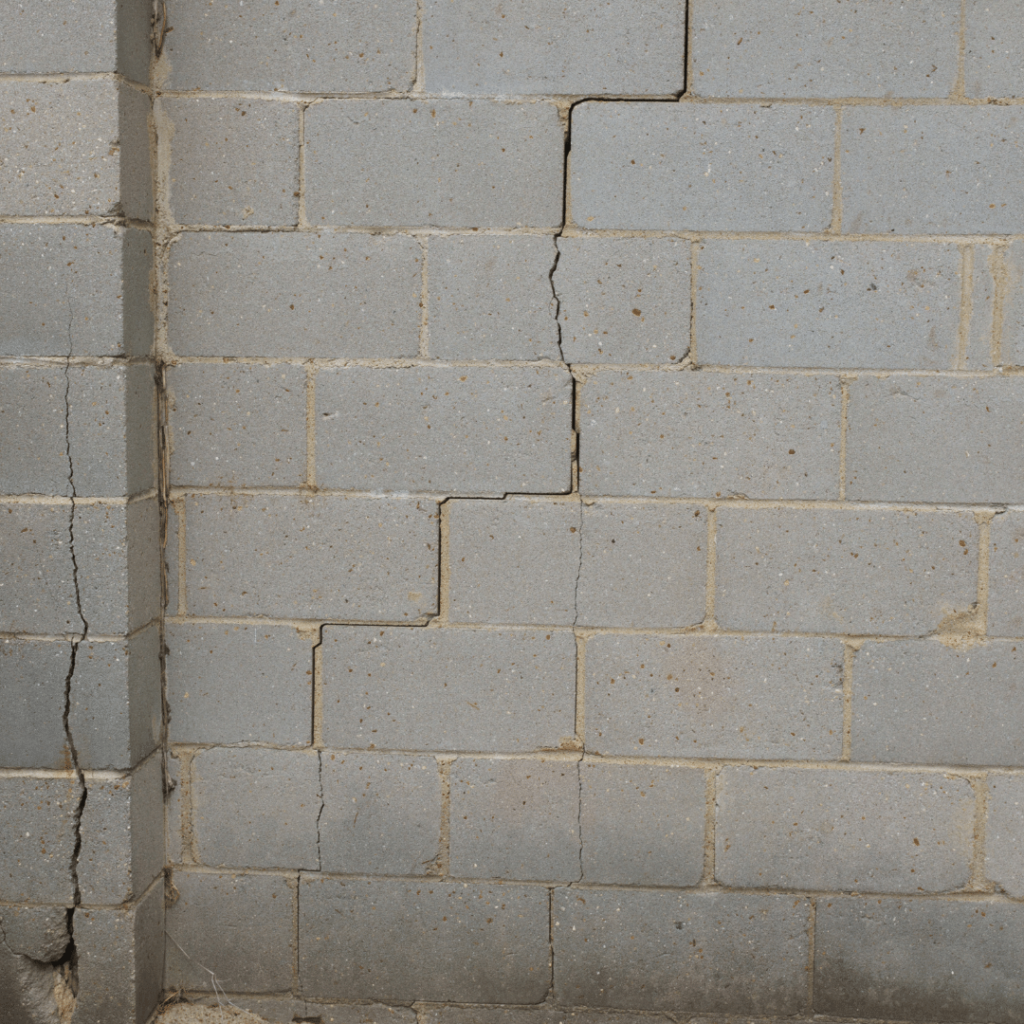If you live in Nebraska or Iowa, your home’s foundation may be at the mercy of the soil beneath it, especially if that soil contains a high percentage of clay. Expansive clay is a major cause of foundation movement, and it can lead to serious structural issues if left unchecked.
What Are Expansive Soils?
Expansive clay soils—also known as shrink-swell soils—expand when wet and shrink when dry. This cycle puts pressure on your foundation in multiple directions. Over time, that movement causes cracks, settling, and in extreme cases, structural failure.
In the Midwest, especially parts of Nebraska and Iowa, these soil types are very common. Even homes with solid foundations aren’t immune to their effects.
Signs Your Foundation Is Affected by Expansive Soils

You might notice:
- Cracks in drywall or ceilings
- Doors and windows that stick or won’t latch
- Gaps between your walls, floor, or ceiling
- Sloped or uneven floors
- Stair-step cracks in exterior brick or block
If these symptoms seem to appear after rainstorms or long dry spells, expansive soil is a likely culprit.
How Expansive Soil Causes Damage
Expansive clay behaves almost like a sponge. During wet seasons, it soaks up moisture and swells, pushing upward or sideways on your foundation. In dry seasons, the clay contracts and can create voids under the foundation. This leads to:
- Heaving: upward movement of the foundation
- Settlement: sinking or uneven foundation areas
- Lateral pressure: which can cause bowing or leaning of basement walls
Over time, this constant movement weakens the foundation and leads to costly repairs.
How We Address Foundation Damage from Expansive Clay
At Jerry’s Waterproofing, we use a combination of systems depending on the type of damage:
- Foundation Piers: Helical or push piers stabilize your foundation by transferring weight to more stable soil or bedrock beneath the clay.
- Wall Anchors: Reinforce bowing or leaning basement walls caused by lateral pressure.
- Soil Grading and Drainage: Proper slope and water management help limit how much water the soil can absorb.
- Basement Waterproofing: Keeps water away from the foundation, reducing soil expansion.
What Homeowners Can Do
You can’t change the soil your home sits on, but you can reduce its impact:
- Avoid overwatering plants and lawn near your foundation
- Keep gutters and downspouts clean and extended well away from the house
- Watch for signs of movement, especially after weather extremes
- Schedule regular foundation inspections
Worried About Your Soil or Foundation?
If you’ve noticed cracks, sticking doors, or shifting floors, it’s worth checking into. Jerry’s Waterproofing has served Nebraska and Iowa since 1976, and we’ve seen firsthand how expansive clay soils can affect homes in this region.
Get a free inspection to see what’s going on below the surface—before small issues become big problems.



